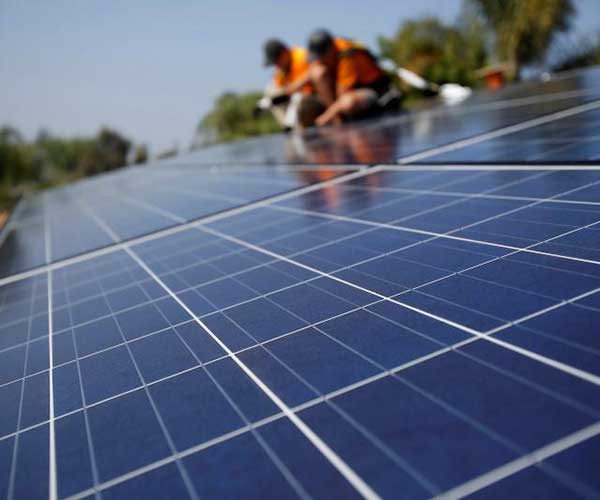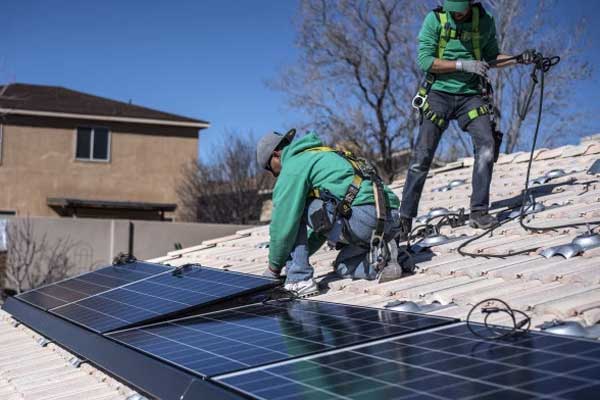LEHI, Utah, Oct. 11, 2018 — Vivint Solar, Inc., a leading full-service residential solar provider, today announced the results of its 2018 Environmental Consumer Report, based on a nationwide survey that polled more than 3,000 Americans to explore the perceived divide between environmentally conscious – or “green” – consumers and conventional consumers in America.
The goal of the survey was to gain insights into how the choices, habits, and preferences of consumers who view themselves as green differ from those who identify as more conventional.
“It’s clear from the results of our report that green consumers come from all walks of life and that conventional consumers actually have more in common with this group than they think,” said David Bywater, Vivint Solar CEO. “There are plenty of preconceived notions about eco-friendly individuals, from their lifestyles to their political persuasions, but our study found that green habits, beliefs and behaviors appeal to everyone.”
Among the interesting findings, the research revealed that baby boomers are the greenest generation, with two-thirds who consider themselves environmentally conscious, while only 58 percent of their millennial counterparts perceive themselves to be green consumers. Millennials are also the least likely generation to cite care for the environment as a factor in “going green” and are more likely to make eco-conscious lifestyle choices for financial savings and influences from family and friends.
Although many believe green consumers make significant lifestyle changes, such as driving an electric vehicle or composting, the reality is conventional consumers and green consumers already do many of the same activities. In fact, the three most common green behaviors on both sides (selected from a list of over 25 activities) are identical: recycling, using reusable bags and saving water.
In addition, the survey reported that most Americans believe in climate change. In fact, 83 percent of green consumers believe climate change is real, and 30 percent of conventional consumers believe it is real but a natural occurrence. Also, 14 percent of conventional consumers think climate change is inevitable and can’t be stopped, while green consumers are more optimistic and nearly twice as likely to believe climate change is caused by humans and can be reversed.
Green consumers can also be found on both sides of the aisle with 28 percent describing themselves as liberal and 28 percent describing themselves as conservative. Furthermore, one-quarter of green consumers voted for President Trump in the 2016 presidential election – the same ratio as conventional consumers.
Other noteworthy findings of the survey include:
1. Green consumers don’t radically change their diet – while a quarter of conventional consumers assume green consumers are vegan, in fact nearly 88 percent of green consumers eat meat.
2. Education contributes to being eco-conscious – green consumers are more likely to have higher education levels than conventional consumers, highlighting the importance of education in driving adoption of green initiatives. 39 percent of people identifying as environmentally conscious reported having a four-year degree or higher compared with 27 percent of conventional consumers.
3. Money is not a key contributing factor to going green – although 80 percent of consumers go green because they care about the environment, nearly two-thirds of green consumers self-identify as frugal.
Methodology
The survey polled over 3,000 individuals over the age of 18 and located in the U.S. Research was generated by Vivint Solar in partnership with Qualtrics in April 2018.












Comments